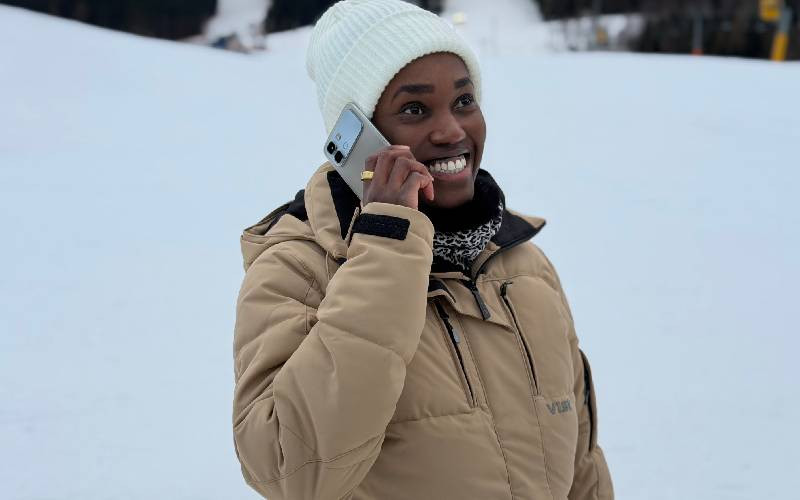Think Again: There are few things as destructive as when the authorities decide what citizens should read, watch or see as it seeks to control the thinking, expression and knowledge of adults.
Censorship is the height of mistrust by authorities of citizens, deciding that they are not intelligent or mature enough to make their own decisions. It denotes state authorities that are weak, paranoid and yes, illegitimate, for they want to control the thinking of people, and how exposed they are to information, education and different ways of thinking.







